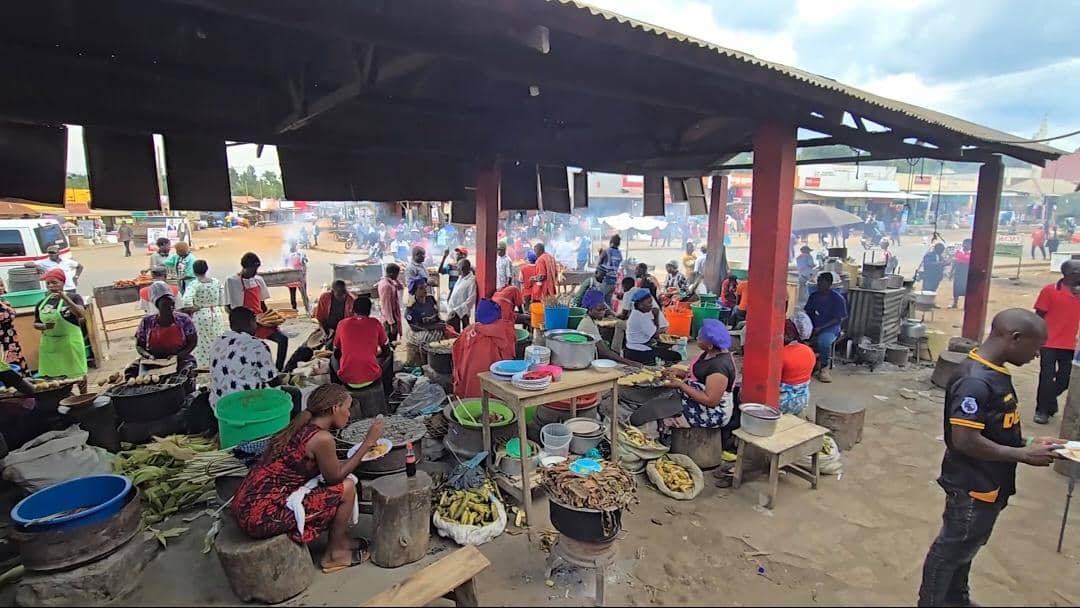Hundreds of traders operating at Zigoti Market are in panic following a government directive ordering them to vacate what has been deemed a road reserve along the busy Kampala–Mityana highway.
The Ministry of Works and Transport issued the eviction notice this week, arguing that the market’s location obstructs traffic and poses risks to motorists and pedestrians.
The directive affects more than 300 vendors, including food sellers, charcoal dealers, fruit traders, and beverage distributors who have long depended on the market for survival. Many say they were caught off guard, claiming no prior notice was given before the order to vacate.
“This market has been our only means of survival,” said Jane Nakato, a fruit vendor who has traded at Zigoti for eight years.
“We pay taxes to the town council, so it’s painful to be treated as if we are illegal.”
Another trader, Paul Ssekiziyivu, a charcoal dealer, appealed for a relocation plan before eviction.
“We are not against development, but we need an alternative space before being forced out. Our children depend on this business for school fees and food,” he said.
Zigoti Town Council Mayor, Mohammed Buule, confirmed that the market is among the biggest revenue sources for the council, contributing significantly through daily taxes and trading licenses.
“We understand the ministry’s position on road safety, but we currently lack funds to relocate these traders. We need government assistance to establish a proper market site,” Buule said, warning that sudden eviction would destabilize livelihoods and affect local revenue.
Jack Byaruhanga, the Deputy Chief Administrative Officer (CAO) of Mityana District, clarified that market management falls under the jurisdiction of individual town councils.
“Each town council is autonomous when it comes to market regulation and financing,” he said.
“However, we encourage Zigoti leaders to collaborate with the Ministry of Works and Transport to ensure the process is peaceful and well-coordinated.”
Zigoti Town Council, with a population of about 16,000 residents, relies heavily on the market economy. Many residents either trade directly or supply goods and services to vendors.
For now, the traders are appealing for more time and government support to secure an alternative site. “We are not refusing to leave,” Nakato said.
“We just want to be relocated somewhere safe where we can continue our businesses without fear.”
As negotiations between the Ministry of Works and local authorities continue, the future of Zigoti Market—and the hundreds of families whose livelihoods depend on it—remains uncertain.


